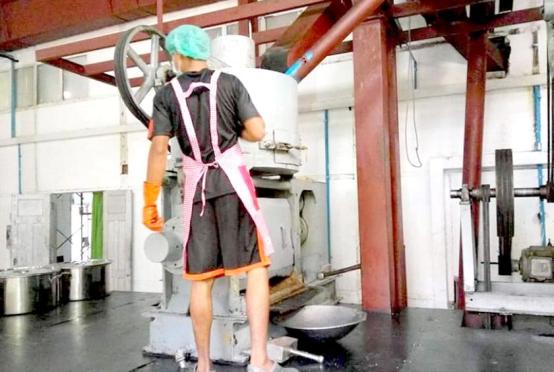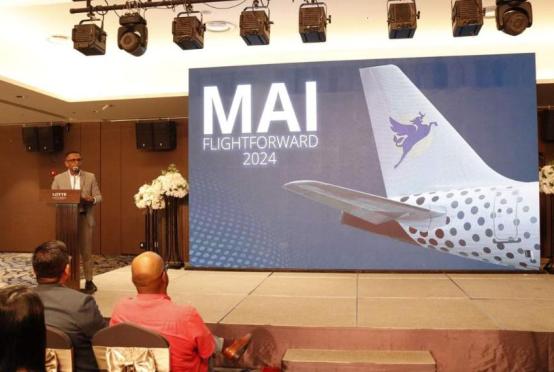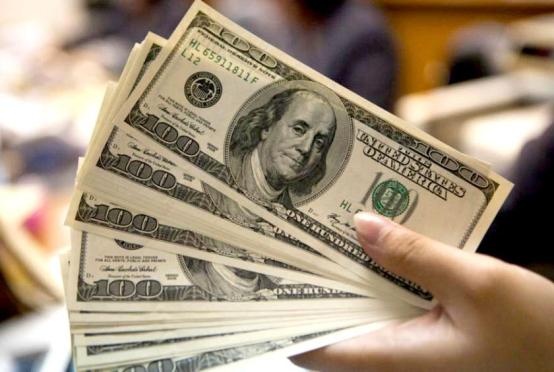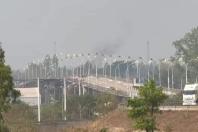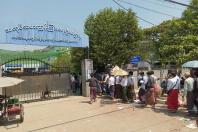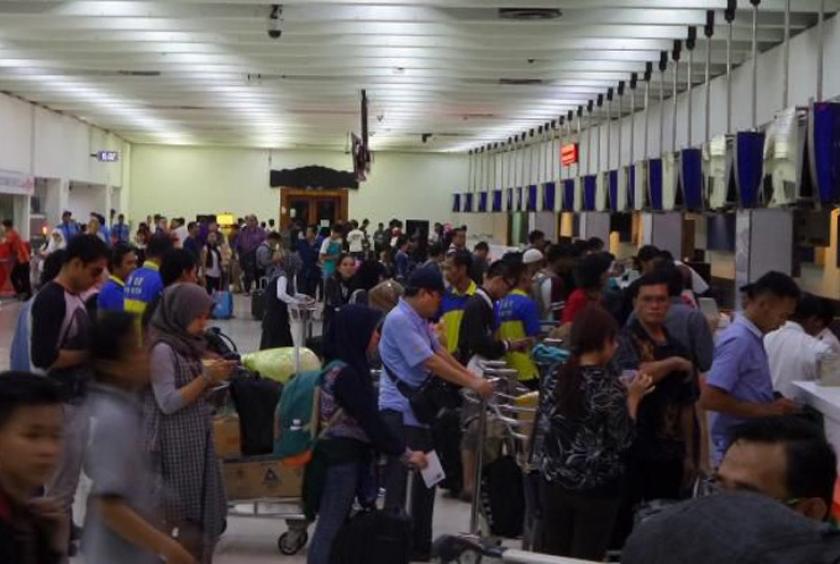
Jakarta (The Jakarta Post) - Airlines have been on the receiving end of criticism recently, as frustration mounts among other stakeholders in the travel industry, particularly hotel and restaurant operators, who blame high airfares for poor business performance during the low season.
Indonesian Hotels and Restaurants Association (PHRI) deputy chairman Maulana Yusran said the airlines needed to consider the spending power of their customers in setting the airfares so that the business could expand.
“By taking [affordability] into account, the business can expand and more workers could be employed, and it would also trigger a multiplayer effect,” he said as quoted by kontan.co.id on Wednesday.
On Feb. 12, the PHRI had called on President Joko “Jokowi” Widodo to interfere in the setting of airfares, which were blamed for low occupancy rates of hotels and restaurants in a number of tourist destinations.
Since then, the government has urged businesses to push down the prices of airline tickets. Energy and Mineral Resources Minister Iganasius Jonan called on state-owned oil and gas holding company Pertamina to lower avtur prices.
Meanwhile, Transportation Minister Budi Karya Sumadi issued a regulation and a decree to force airlines to lower ticket prices. He was considering another decree to force carriers to cut airfares.
Meanwhile, Tourism Minister Arief Yahya called on Budi to immediately issue a new decree. But so far, only few airlines have cut their ticket prices after increasing fares by about 40 percent in January, and hotel and restaurant businesses have not seen any improvement.
Maulana questioned the reason for airlines failing to significantly reducing ticket prices even though avtur prices had been pushed down and a private company was allowed to sell the jet fuel along with Pertamina.
PHRI revealed that the hotel occupancy rate in the period of January to April was only 20 to 40 percent. “Usually, from January to March, the low season, the occupancy rate only declines by 10 to 15 [percentage points]. This low trend has continued into April,” Maulana added.
He expressed hope that the impact of airfares on the tourism industry would not continue during the Idul Fitri Holiday, which was supposed to be a high season in the tourist sector.
“But so far, we so not know what will happen during the holiday season, we are still waiting for the government’s effort to push down airfares,” Mauland added.
Meanwhile, aviation business analyst Gerry Soejatman said tourism stakeholders should not only point fingers at airlines over their poor business performance. He did not agree with the idea of inviting foreign airlines to serve domestic flights.
“Inviting foreign airlines is not a solution. The solution is to find feasible prices and a better strategy for the Indonesian market,” Gerry said, adding that all parties had to help increase efficiency to curb operational costs.
Business Competition Supervisory Commission (KPPU) commissioner Guntur Saragih shared Gerry’s opinion, saying the government should not interfere in airline pricing but let ticket prices be determined by market mechanisms.
He added that the KPPU did not focus on the high ticket prices but rather on business players' legal compliance in setting prices.
https://www.thejakartapost.com/news/2019/04/26/tourisms-stakeholders-con...


